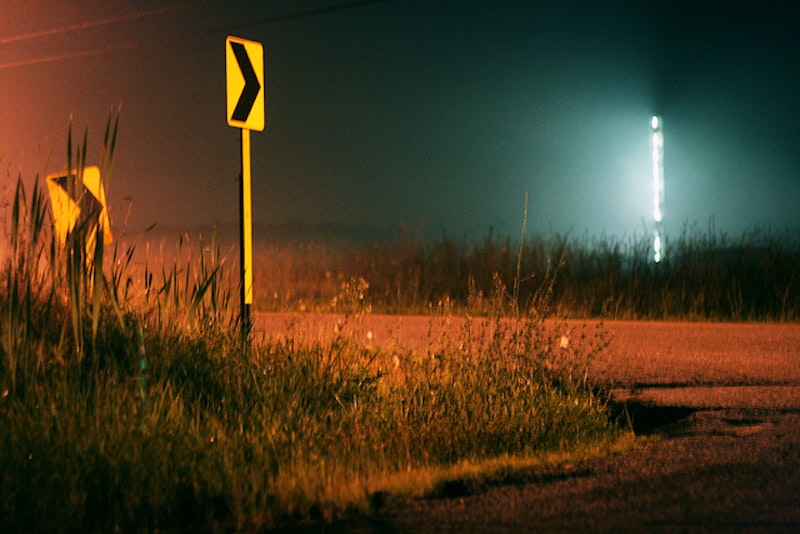Cormac McCarthy: When the book opens she's already committed suicide, and it's about how he deals with it.
Jared Carter: Let me talk about that for a moment.
McCarthy: Over and over and over again.
Carter: The curtains were drawn and for some reason we had the day off.
McCarthy: All that stuff vanished.
Carter: It was a wonderful sound.
McCarthy: But it could be anything—volcanic activity or it could be nuclear war. It is not really important. The whole thing now is, what do you do?
Carter: The answer lies within the congruence itself— again, the poem, rather than what I might say about it.
McCarthy: And I think that's the right answer.
Carter: When musicians rehearse they trade riffs or melodies; in everyday conversation we lead and follow, give and take.
McCarthy: It may be that if you don't have something in the back of your head driving you nuts, you may not do anything.
Carter: I number worksheets and date successive drafts rather carefully.
McCarthy: We went to church on Sunday.
Carter: We were in bed.
McCarthy: Instead, I get up and have a cup of coffee and wander around and read a little bit, sit down and type a few words and look out the window.
Carter: That criterion has certainly gone out of fashion.
McCarthy: But that’s the future looking back at us.

